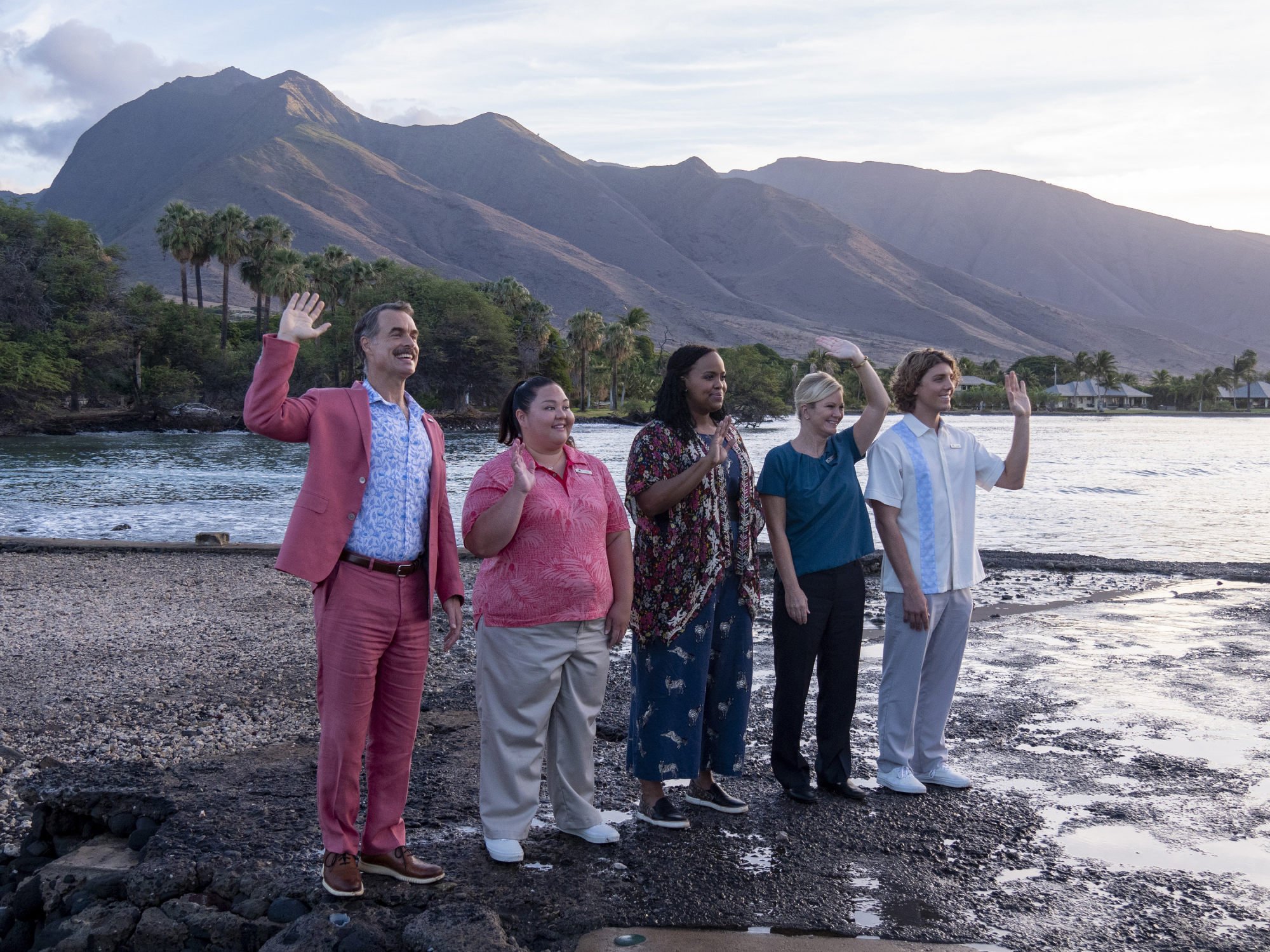
Naomi Osaka Netflix documentary offers a sympathetic portrait of the tennis star
- In Netflix’s ‘beyond the sport’ documentary, the Japanese tennis star is shown as solitary, contemplative and compassionate – and uncomfortable in the spotlight
- ‘Life’s just full of tests,’ the 23-year-old says at one point in the three-part series – which is surely a taster for future appointments with Netflix
If anything can make you feel sympathy for a 23-year-old athlete afloat in oceans of cash, winning major tennis titles and gracing magazine covers, then this is it.
In Netflix’s “beyond the sport” documentary Naomi Osaka, the first Japanese player to win a grand slam and top the world rankings paints a complicated self-portrait: a reluctant, world-famous “face” from whom it seems there will be much more to come than simply amassing trophies.
Born in Japan to a Japanese mother and a Haitian father, Osaka renounced her American citizenship in 2019 in recognition of her Japanese heritage. And now she is the dominant image of Japan’s Olympic Games.
Though she might sometimes question her mental toughness on court in this three-part series – surely a taster for future appointments with Netflix – it seems like Osaka has more inner steel than even she realises.

In action, we see her battling back from a seemingly hopeless position to win the 2020 US Open; next, off court, she’s marching in support of the Black Lives Matter movement.
Osaka is solitary, contemplative, compassionate and uncomfortable in the spotlight, a lost young woman who has found herself in the world of professional sport yet is baffled by the attention and the fact that “life’s just full of tests” – all of which puts her recent withdrawals from tournaments and revelation she has suffered bouts of depression into perspective.
When she finds her full activist’s voice, the world should beware.

You’ll enjoy this holiday from hell
Are you looking forward to a holiday? Then perhaps leave darkly comic, six-part satire The White Lotus (HBO and HBO Go, new episodes on Mondays) until your return.
Vacations are inherently stressful – especially when you find out the truth about people you thought you knew, as the guests at “Hawaii’s most romantic hotel” discover during a week of personal crises and humiliating encounters.

Created and directed by filmmaker Mike White, the series is set at the titular property, which offers everything the spoiled, rich white guest might want on a “coconut island” (in this case, Maui). Other amenities, included at no extra charge, comprise a newlywed, polo-shirted, preppy sulker; a couple of bored, cynical teenage girls savagely playing “guess the personality” and lamenting their lack of access to drugs; an anxious, middle-aged father obsessed with examining his trouser furniture; and an insecure, drunk “American Brigitte Bardot”.
But none tops Murray Bartlett as the fastidious Armond, a hotel manager on an anti-guest vendetta that would have Basil Fawlty in raptures – although the depths to which Armond of the painted smile soon sinks are far more mortifying than farcical.
He advises subordinates that they should be “pleasant, interchangeable helpers” practising “tropical kabuki” for the visitors, and presides over an evening’s entertainment programme in which Polynesian natives are reduced to bit-part players in a torch-twirling cultural pantomime. By this point his veneer of professionalism has already begun to disintegrate.
Everyone’s on a power trip in Mine, Netflix satire on lives of the rich
Excruciating embarrassment is on tap in this sort of human safari park, in which one of the exhibits has convulsions because he “can’t go another day without a phone”. He at least has an epiphany of sorts as he begins to appreciate the natural wonders surrounding him – a redemption that might just spare him the possible effects of some vaguely malicious (and literal) undercurrents that seem to be gathering far beyond the shore.
For some, checking out could be more terminal than expected.

